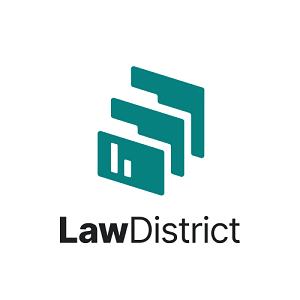
In an era when AI is dominating innovation and creativity and quickly shared across social media, the protection of intellectual property (IP) remains a cornerstone of various industries.
In recent years, celebrities such as Katy Perry and Taylor Swift have used various strategies and documents for legal purposes. Mainly to ensure that they can protect their image and intellectual property.
Ed Sheeran is an example of another artist, who recently had to defend himself against a copyright lawsuit as well, which he successfully won.
Now that AI-generated art is becoming widely available and mainstream we will likely see more and more lawsuits of copyright infringement being brought to trial.
In October 2023, Yamaha Corporation was victorious in its copyright lawsuit against Medeli Electronics Co., Ltd. This lawsuit can serve as a potent reminder of the importance of safeguarding one’s IP rights and that copying another company’s data or style must be avoided at all costs.
With generative AI, copyright issues can also come up if art, slogans, recordings, or some other types of media are created that already exist.
In fact, OpenAI is currently facing a copyright lawsuit against them as writers claim the company has used their books to train its AI tool.
Even if such cases are unintentional, they could lead to serious legal issues if what was created was not properly investigated.
At the heart of this particular lawsuit lies the essence of trust, integrity, and respect for innovation within the industry. Yamaha’s “Style Data,” a result of significant investments, creativity, and expertise, plays a pivotal role in the functionality of their musical instruments.
Such proprietary elements not only enhance the user experience but also provide a competitive edge in the market.
Yamaha’s decision to protect its intellectual property is both commendable and necessary. It also serves as a great example to not let other companies steal your ideas. This is also the case for artists and directors who protect their own media.
Yamaha’s assertive approach against infringement serves as a beacon for other companies, emphasizing the repercussions of unauthorized use.
The rigorous enforcement of IP rights is more than a legal obligation; it’s a testament to the value of innovation and the importance of recognizing and rewarding creators for their contributions.